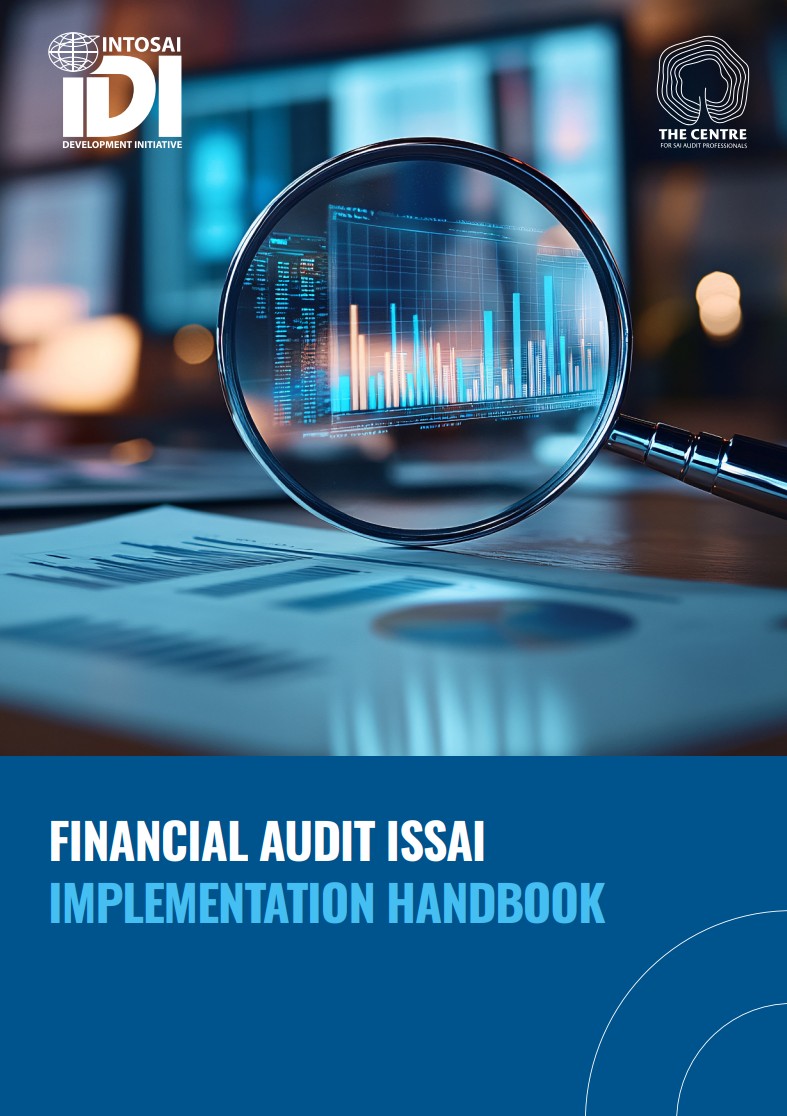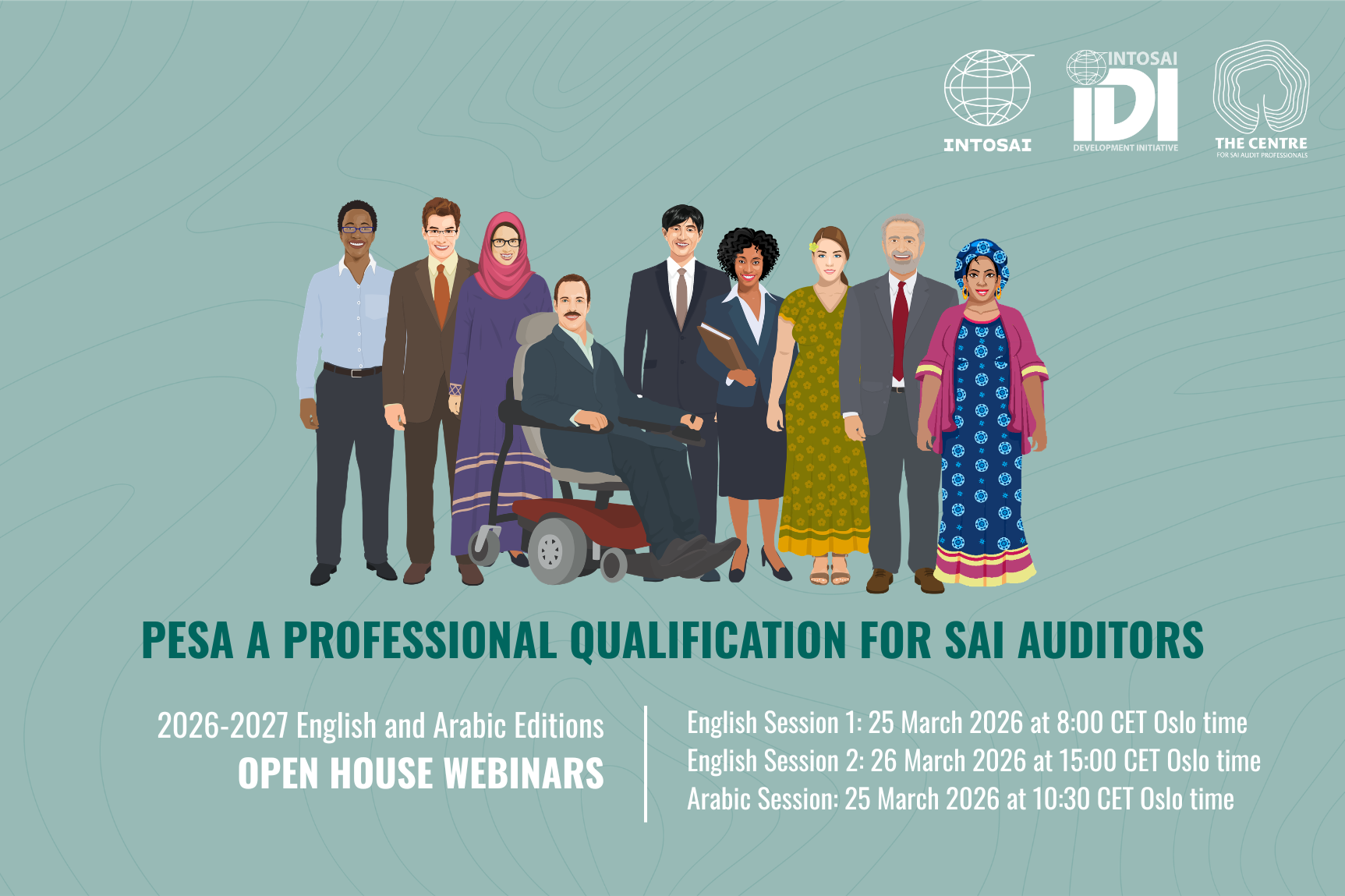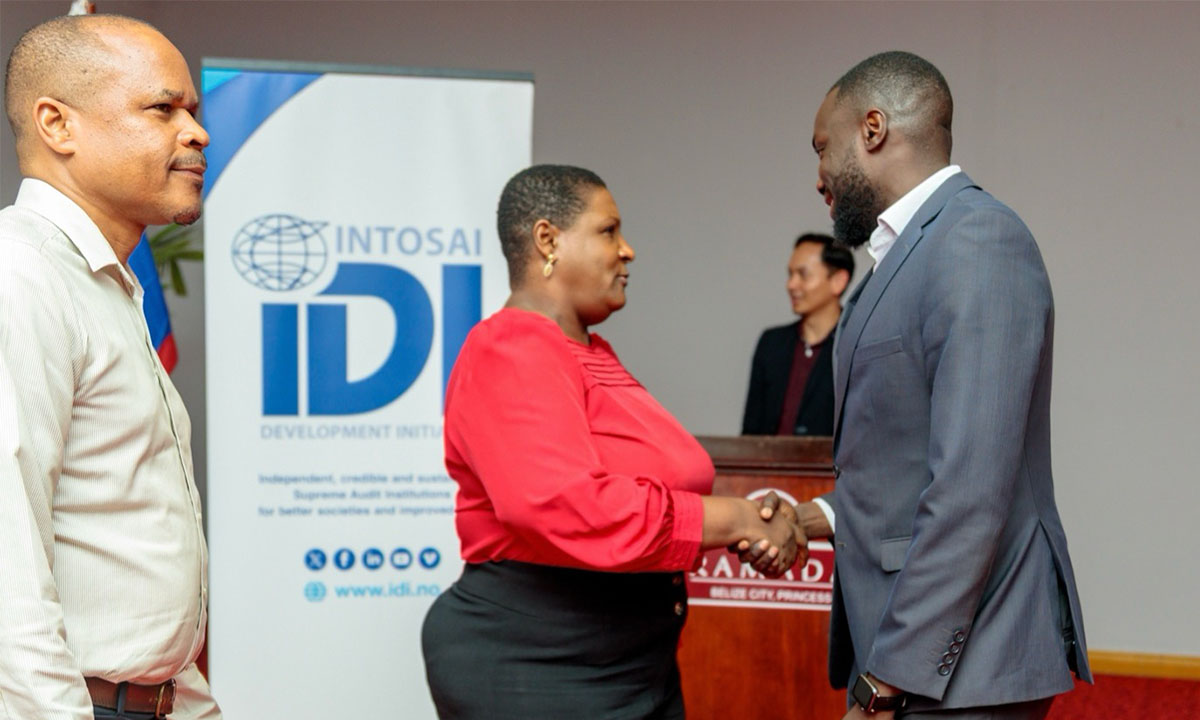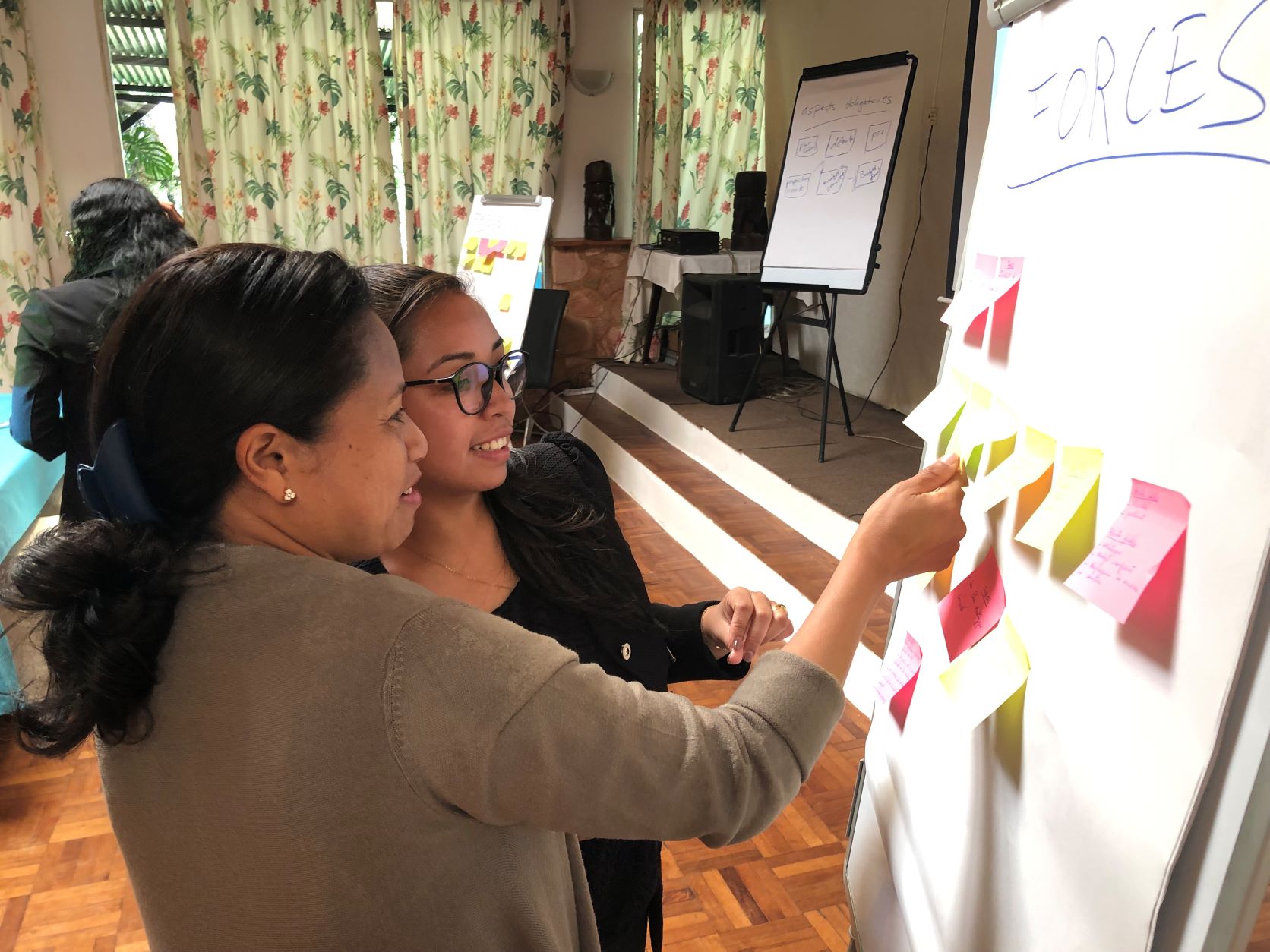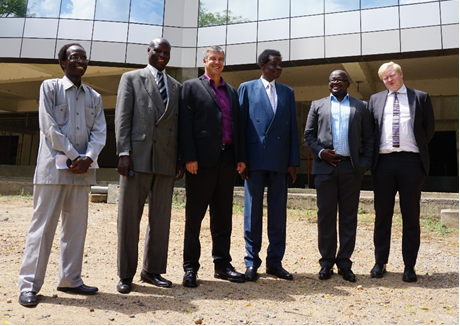Bilateral Support
In today’s complex development landscape, many Supreme Audit Institutions (SAIs) operate in fragile or challenging environments where independent oversight is difficult to sustain. Yet, effective auditing and public accountability are vital for building trust and ensuring that public funds deliver real results for citizens.
Through our Bilateral Support Portfolio, the INTOSAI Development Initiative (IDI) connects SAIs facing extraordinary challenges with the development partners and peers who can help them thrive. These one-to-one partnerships combine long-term, tailored assistance with IDI’s expertise as a global convener, building bridges between oversight institutions and the support they need to strengthen governance, resilience, and public confidence.
Bilateral Support Policy
IDI’s Bilateral Support Policy sets out how we provide long-term, tailored assistance to Supreme Audit Institutions (SAIs) operating in challenging contexts. Grounded in SAI ownership, peer collaboration, and inclusion, it explains how IDI works with partners to deliver support that is coordinated, change-oriented, and sustainable.
What you’ll find inside
- Clear definition of bilateral support and why it matters
- IDI’s objectives, selection criteria, and guiding principles
- Step-by-step process for assessing, planning, financing, and implementing support
- Framework for managing risks and ensuring sustainability
- Insights and lessons learned from partnerships in fragile and conflict-affected states
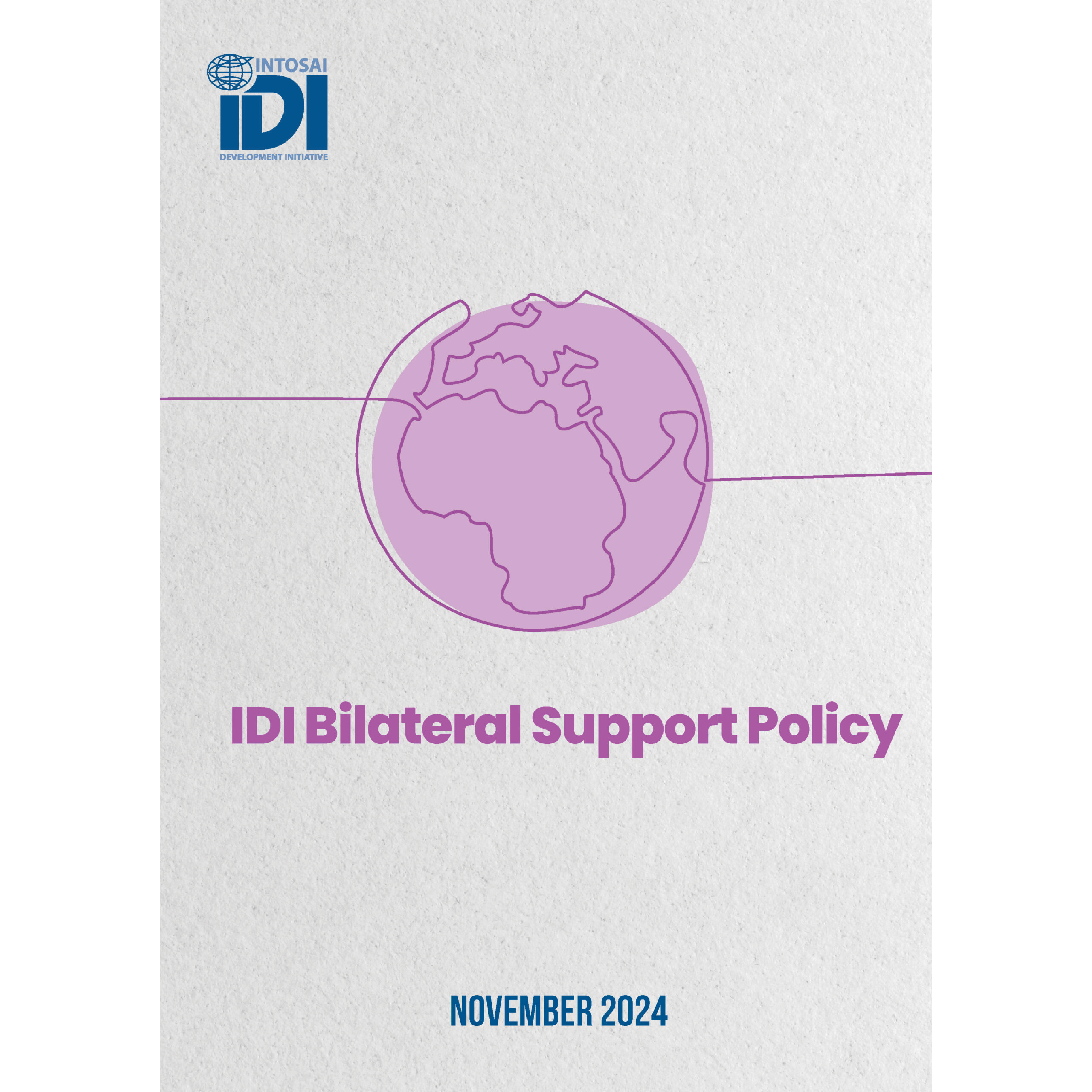
Stories and Events
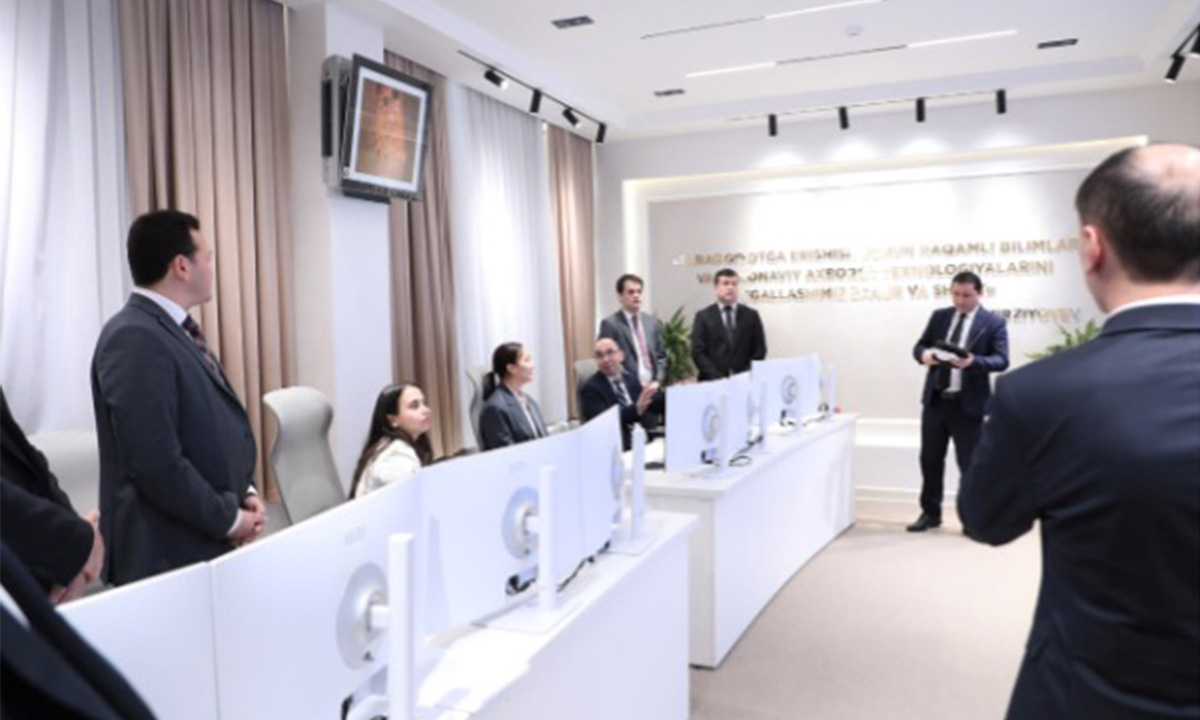
16/06/2025
A New Chapter Begins: SAI Uzbekistan Joins the Global SAI Accountability Initiative (GSAI)
Read more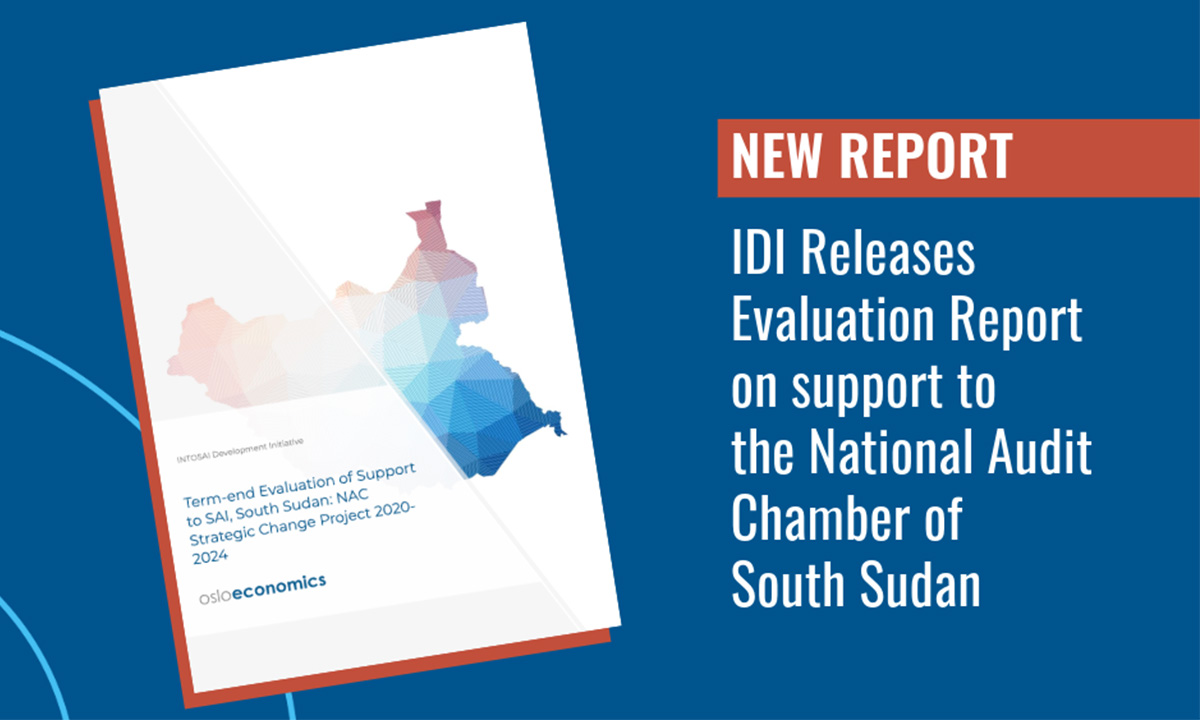
02/05/2025
IDI Releases New Evaluation Report on its Support to the National Audit Chamber of South Sudan
Read more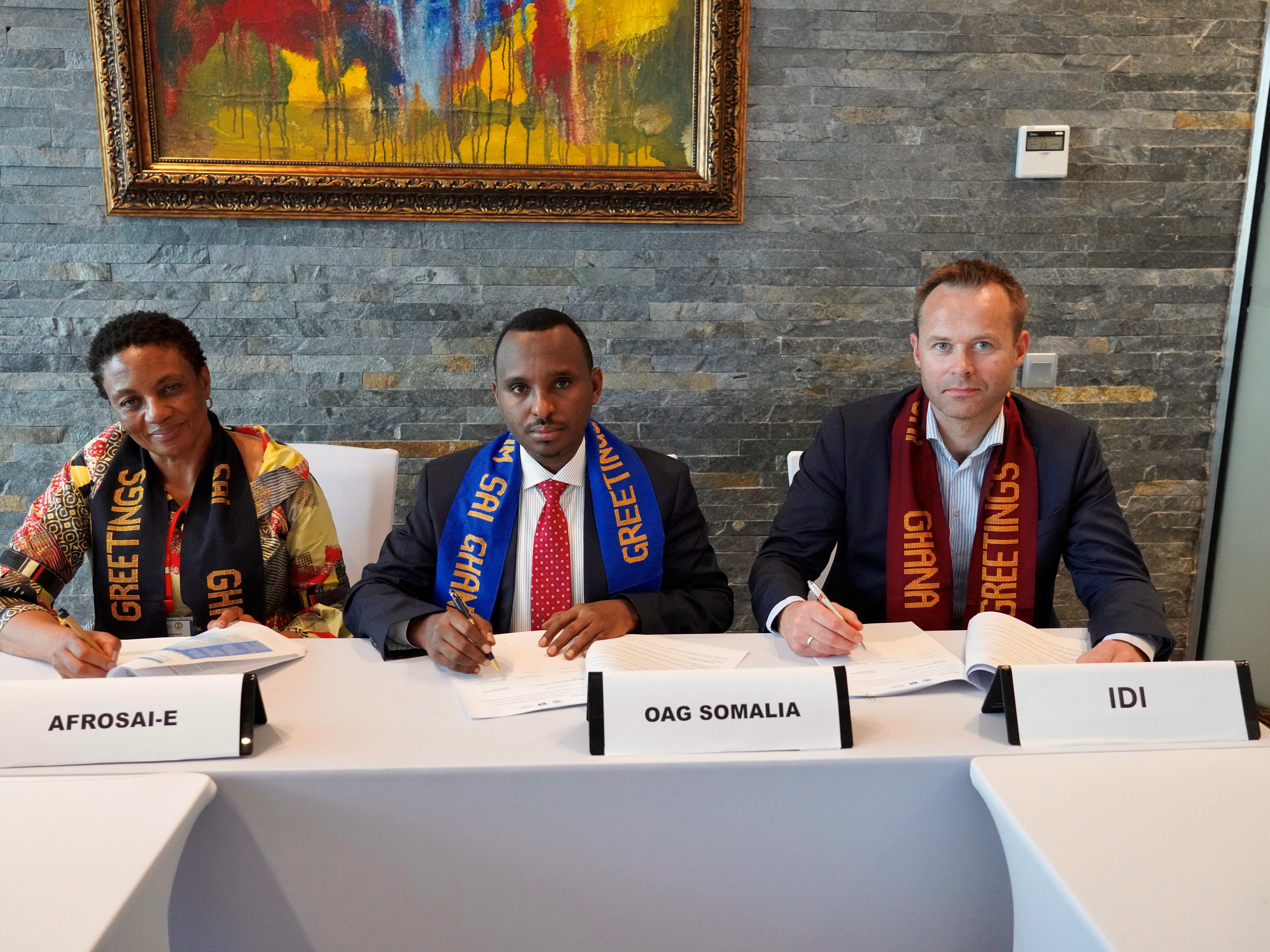
15/05/2023
Close collaboration with peers and partners supports SAI Somalia’s strategic goals
Read more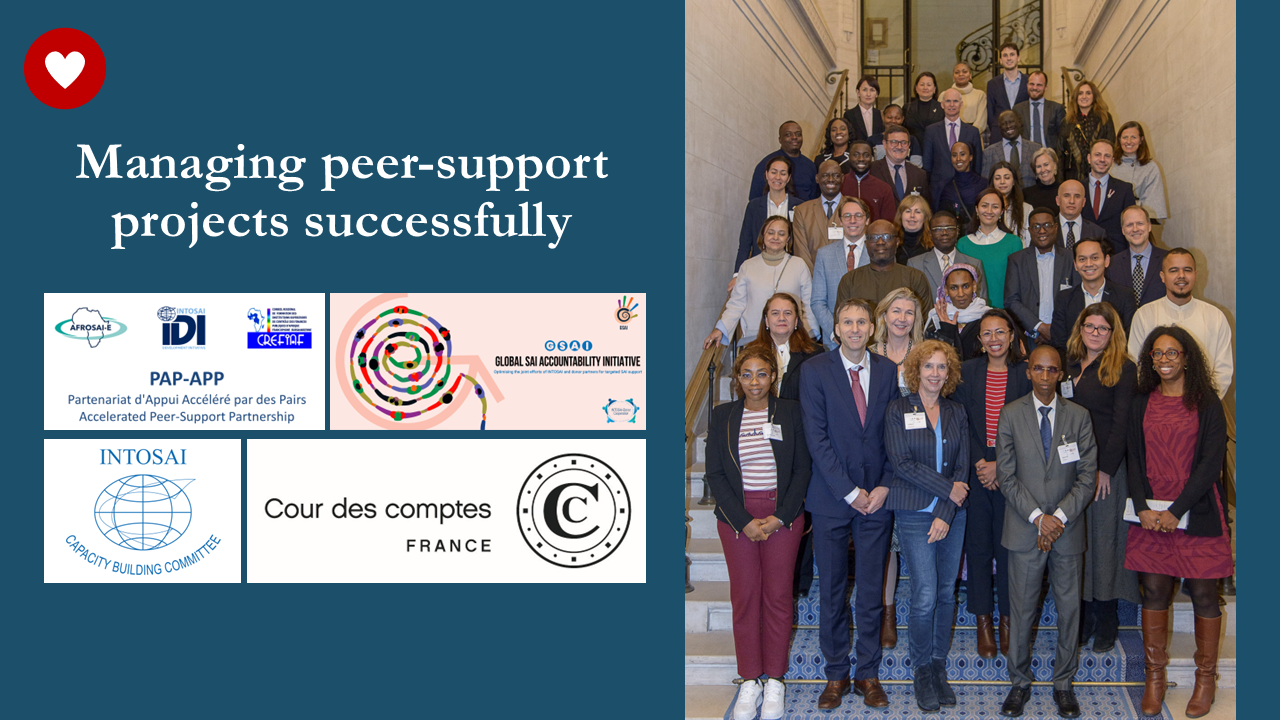
17/11/2023
A new Paris declaration is here – Principles for Managing peer-support projects successfully
Read more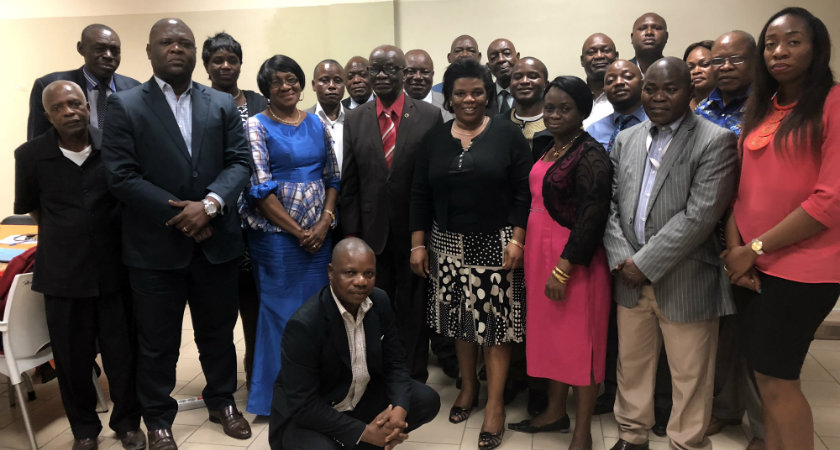
17/01/2022
